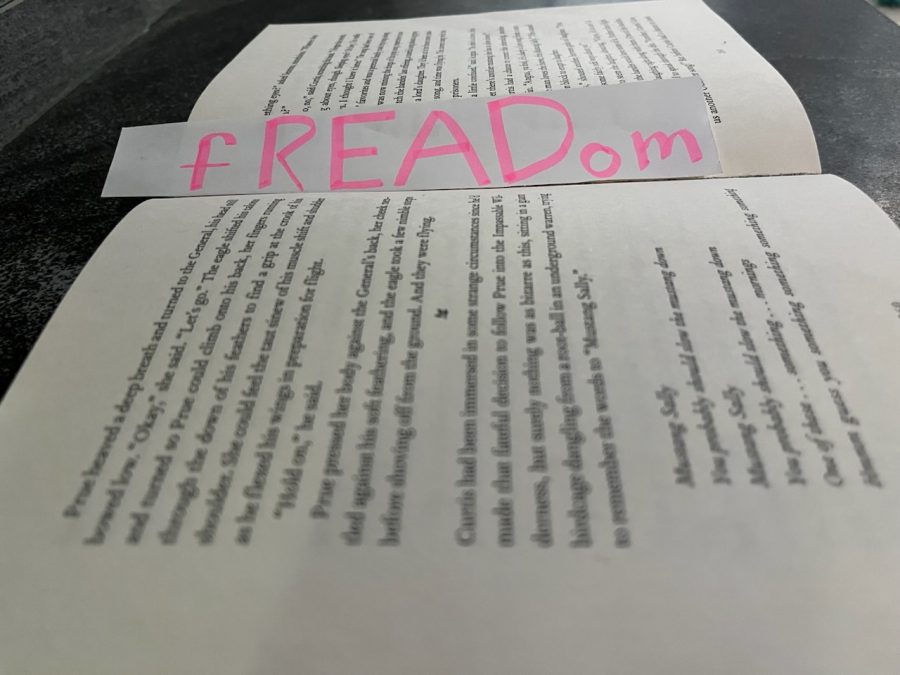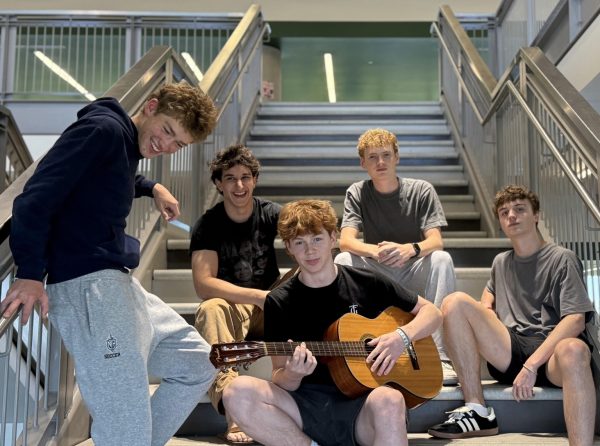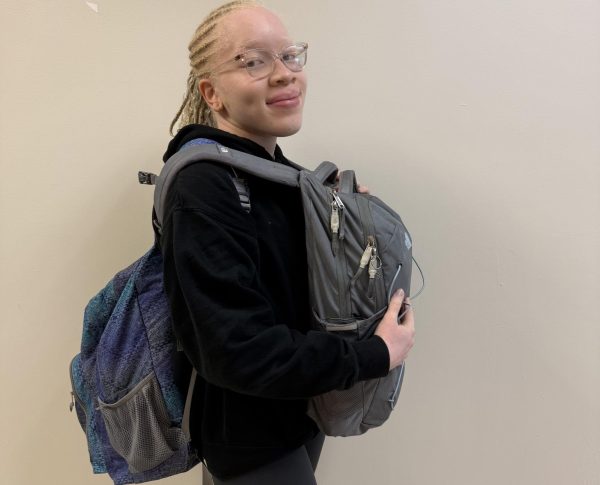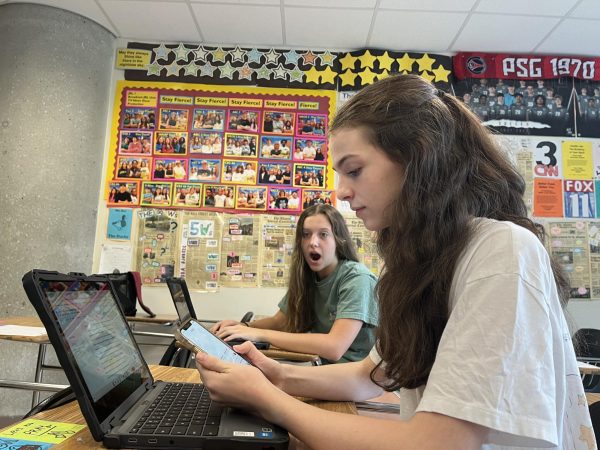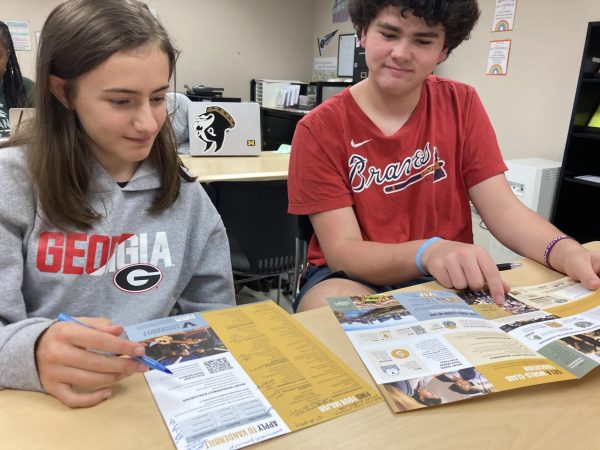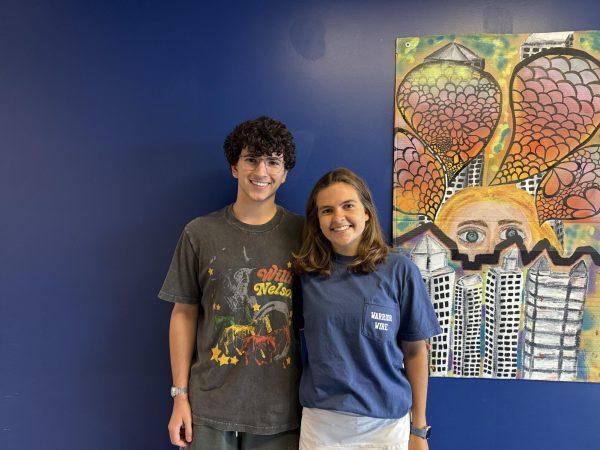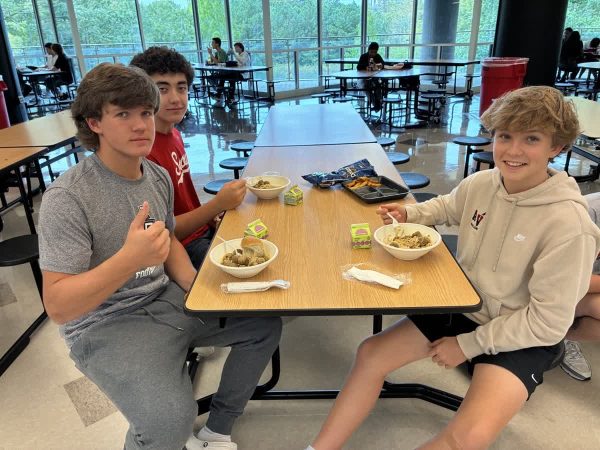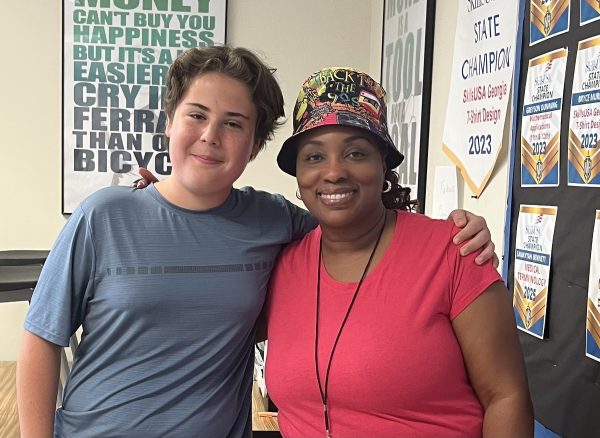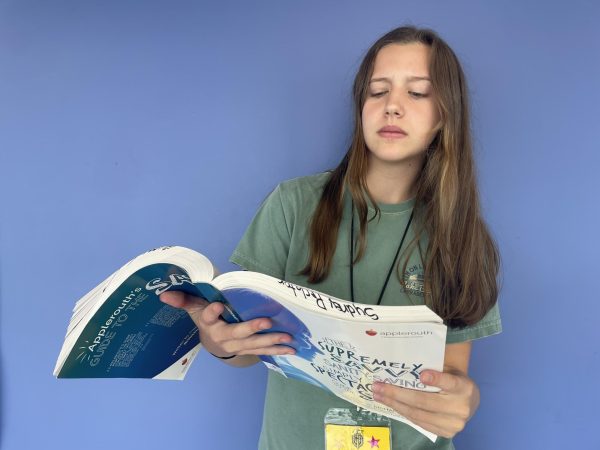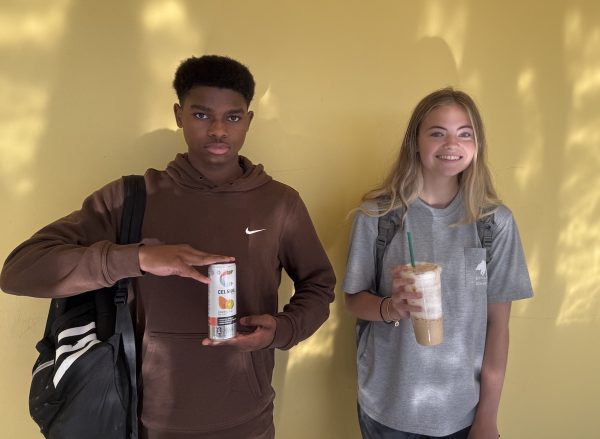Raise Your Voices for the Quietest Form of Censorship: Book Banning
Open books, open minds. This saying has never been truer as books start to be banned across the state due to close-mindedness from the public. These actions can be highly problematic for the students of NAHS, especially those in the IB program.
When you tune into the news, a hot topic reported is the censorship of content sweeping over the country. It’s fair to say that everyone is hyper-aware of the politics driving teaching right now. However, a topic that is often overlooked is the banning of books – especially if the books are “softly” banned. These soft bans happen when books that discuss controversial topics are quietly taken off the shelves. It has become a common phenomenon, especially in southern schools.
As an IB school that focuses on a variety of worldly views, these bannings can be problematic. While IB classes are not limited to certain books, not being able to fully analyze the messages these books speak to can be extremely problematic for these classes. Erica Hiers, an IB literature teacher, expressed that when books are banned because of the message they give off, we close off our minds and exclude people from important conversations. Many teachers who cover controversial topics while teaching have to be a whole lot more careful to watch what they say and not get into trouble. “When I am teaching, in the back of my mind I am wondering if this conversation we’re having about inequity or injustice will get me in trouble,” she said.
North Atlanta is a school that proudly boasts its diversity. However, due to state-wide conversations addressing diversity in schools and content, many students at NAHS may feel unengaged in their classes. This happens because people can form more of a connection with the content being presented if the individuals presenting are similar to themselves. When schools with high diversity (like NAHS) are forced to skip out on discussions that concern their students, they isolate these students, causing them to be less active participants in their education. Even though North Atlanta still covers a diverse range of content in their classes, state-wide laws may soon change this, and thus the future of its students in education. This is a phenomenon sophomore Charlotte Brown has noticed. “Diversity in content not only allows students to be able to relate to what they are learning, but it also helps people to learn about new cultures they might not have known,” said Brown.
There are already many programs that exist to combat the banning of content, especially since it’s not a new idea. However, it’s important that, as participants in the IB program, the students of NAHS understand just how this can affect them, their friends, their educations, and their views on the world.


